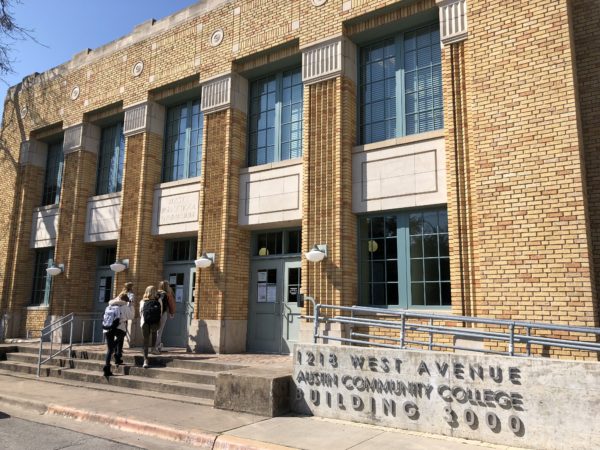(By DIANA RAMIREZ)
For Richard Danner, the U.S. Navy offered opportunity and a challenge. The large financial incentives and promises to travel the world were just what the 17-year-old needed to prove himself to the world.
Danner is part of the 0.5 percent of the population that has at one time been enlisted in the armed forces. The man today with a thick bushy beard on his face and colorful tattoos on his arms is a contrast to the young clean-shaven sailor in the pictures he shares with others.
“The military is an extreme most will never face,” Danner said. “You’re rewired to think a certain way, act a certain way. The things you may have valued before are not what you value now.”
Stories of struggling veterans riddled with post-service traumas and lifelong side effects cover local and global headlines.
According to a study conducted by the Pew Research Center, there are certain factors that can predict how easy or difficult reentry into civilian life will be for veterans. These include variances in marital status, religious affiliations, education level, and in-service experiences.
Losing a father and grandfather along with a turbulent long-distance relationship encompassed some of the struggles that shaped Danner’s traumas. Not being able to be present was a sacrifice.

Despite that, he remembers the experience romantically and with longing.
“You’re connecting with people in the most diverse setting there is,” he said. “Whether it’s doing dishes on the ship or manning guns, it’s all a part of completing a mission. Cleaning that one dish for one sailor that’s eating their food so they can have the energy to stand watch and be vigilant — everything has a cause and effect.”
In his time with the Navy, Danner held a number of titles and learned a variety of skills. Firefighter, EMT, plumber, barber, and ship store attendant were just a few of the jobs he held.
With a smile and giddiness in his voice giving the sense that he went back in time to his teenage self, Danner described his job in the ship store as his favorite.
“You get to know a lot of people. Everybody likes to see you too. You have all the cool stuff like snacks and candy.”
After four years in, he made the choice to return home.
Leaving proved to have challenges of its own. He compares his departure to what he imagines leaving jail is like. Being locked up then kicked out into the world with no direction on how to start.
“When you’re done there is no de-escalation,” he said. “It’s like a breakup and that’s it.”
The military offers a number of benefits to those transitioning back into civilian life. According to Danner, who went on to attend Austin Community College from 2014 to 2016, you have to be proactive to benefit from them, which is something you aren’t accustomed to after being trained to follow orders and having everything arranged for you while in service.
Today, Danner lives in Austin and is an inside sales manager for Orchard. He offers advice for his fellow servicemen who may struggle to find direction post service.
“Do your best to reach out to any type of VA office,” he said. “As soon as you get out take advantage of your Post 9/11. It’s the best thing you could possibly do. Go to school, whether it’s a community college or four-year university.”




